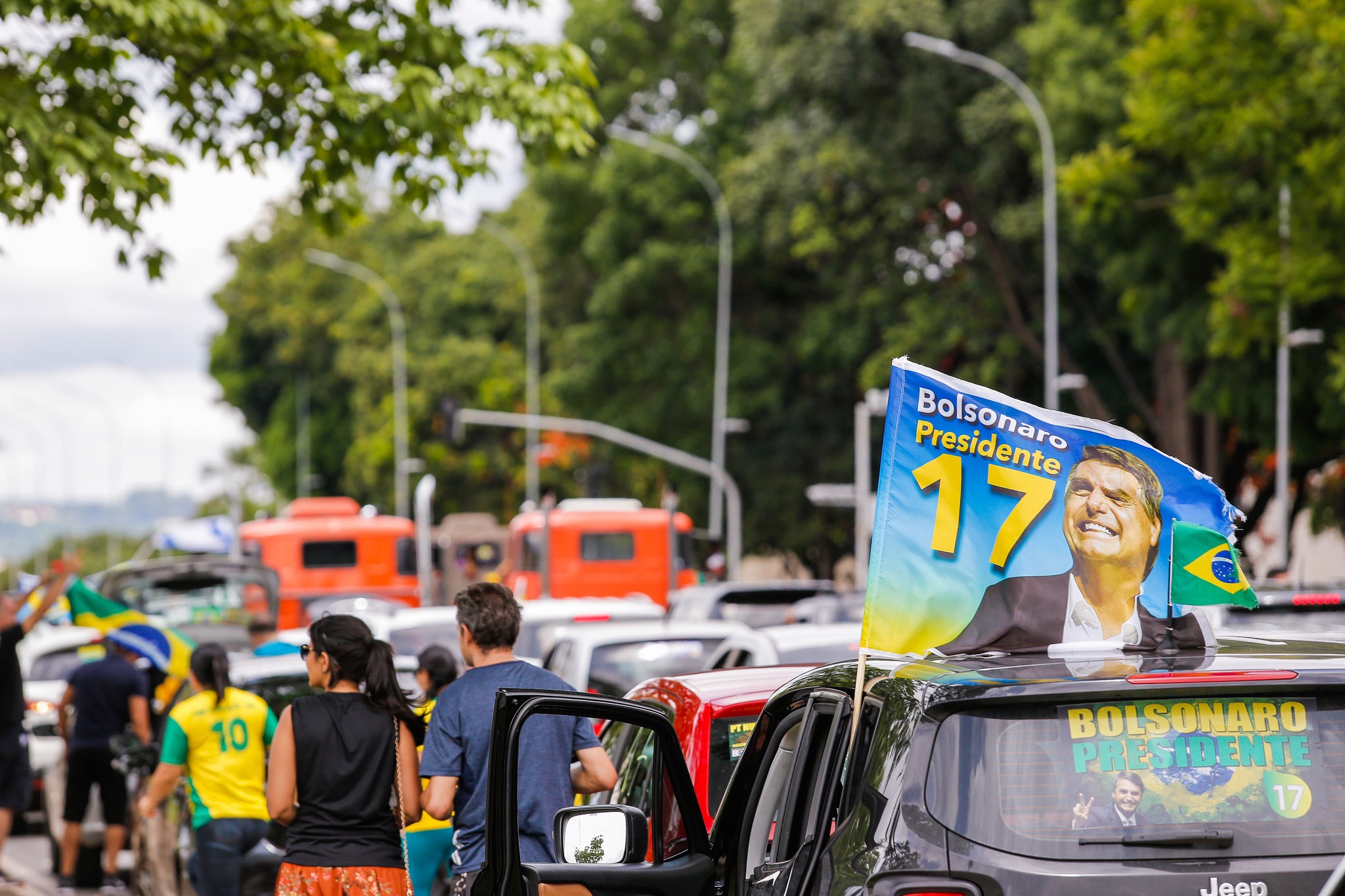
Jair Bolsonaro defeated Fernando Haddad of the leftist Workers’ Party, or the PT, in Brazil’s presidential election on October 28, with just over 55 per cent of valid votes compared to Mr Haddad’s 45 per cent. He is the first far-right president in Latin America’s largest country since its former military dictatorship ended more than three decades ago.
Mr Bolsonaro, a seven-term congressman, is known for making disparaging remarks about homosexuals, women and black people. He praises Brazil’s former military junta, which ruled from 1964 to 1985, and those individuals responsible for the worst acts of torture. He wants to give police “carte blanche” to kill thugs.
He courted voters with a mix of social conservatism and economic liberalism, conducting most of his campaign from home after being knifed in the stomach by a fanatic at a rally ahead of the first round of voting.
Mr Bolsonaro has benefited from public anger over rising crime, corruption and an economic slump.
The Lava Jato (Car Wash) investigations into political corruption have implicated scores of politicians. Brazil’s former leftist president Luiz Inácio Lula da Silva had led Mr Bolsonaro in the polls when the election began, but he was imprisoned for taking bribes from construction companies and barred from standing in the election in September. Mr da Silva was replaced by Mr Haddad, a former São Paulo mayor.
The recession started in 2014 and ended in 2016, wiping more than 7 percentage points off Brazil’s economy. The rebound since has been modest, with GDP expanding only 1 per cent in 2017. The budget deficit stands at 7 per cent of GDP. Public debt is approaching 100 per cent of GDP, well above other emerging markets with similar credit ratings.
The PT is blamed for destroying the economy under Mr da Silva’s successor, Dilma Rousseff, who was impeached in 2016 for hiding the true size of the budget deficit. Her government’s interventionist polices helped usher in Brazil’s deepest recession in a century.
Brazil desperately needs economic reforms to avoid slipping back into crisis. Mr Bolsonaro plans to reduce the primary budget deficit – excluding interest payments – to zero by 2020. He aims to cut corporate and individual taxes to kick-start the $2.1 trillion economy and downsize a costly state by selling scores of state-owned companies, but hasn’t given any details of what he wants to privatise.
An overhaul of Brazil’s expensive pension system must be the top priority for his administration as it threatens the nation’s financial stability. The problem is, however, that pensions need constitutional amendments that can only be passed with the support of two-thirds of both houses of congress and Mr Bolsonaro will face the most fractured congress ever with 30 parties, including the PT.
Markets have risen on the likelihood of Mr Bolsonaro’s election victory. The real has gained more than 10 percent this month and the Ibovespa benchmark stock index has added nearly 12 per cent during the same period.
Photo: ©2018 Alessandro Dias